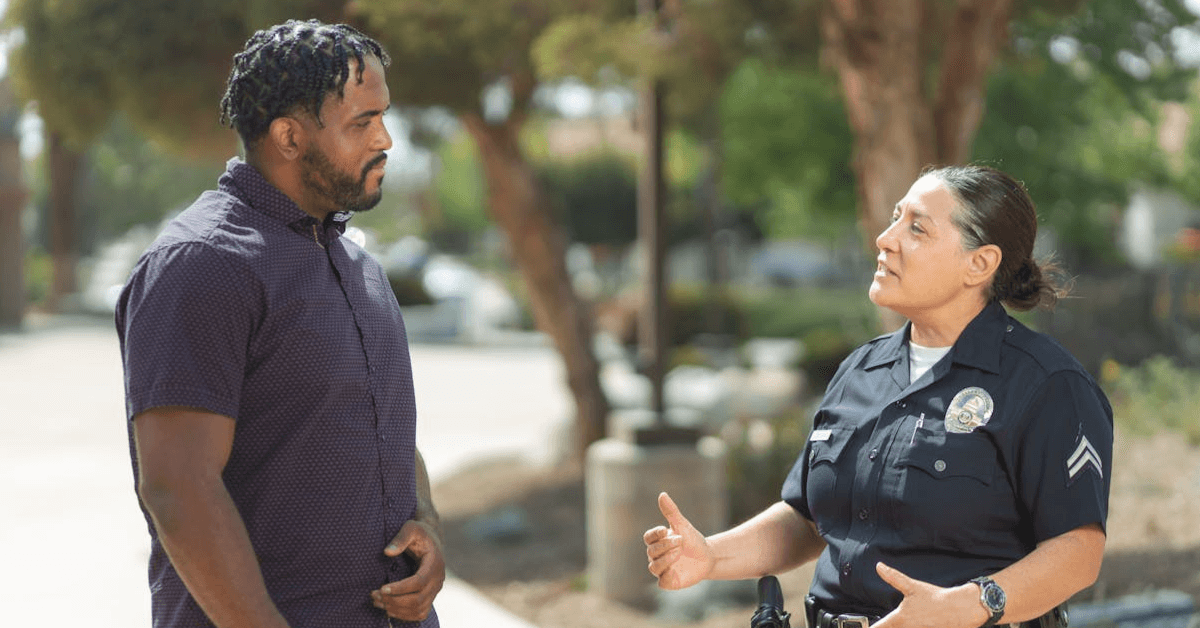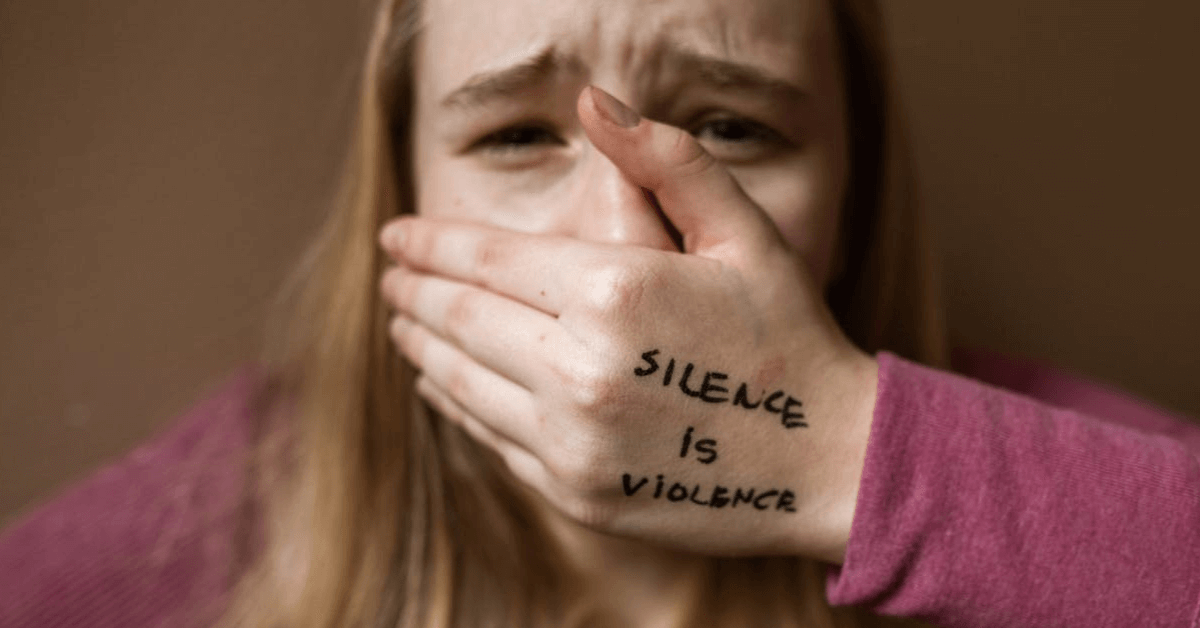Making a statement to police about domestic violence involves providing a detailed account of the incidents of abuse or threats you have experienced or witnessed.
This statement is a formal record that the police use to assess the situation, initiate investigations, and protect the victim. It can be made at a police station, over the phone, or, in some cases, through an online form.
The statement will typically include information about the nature of the violence, the identity of the perpetrator, and any evidence or witnesses.
Key Takeaway: Making a statement to police about domestic violence involves formally reporting incidents of abuse to aid in investigations and ensure the victim’s protection.
How to Make a Statement to Police About Domestic Violence
When making a statement to the police about domestic violence, it is important to provide as much detail as possible. The following steps outline the process:
- Contact the Police: You can report domestic violence by calling your local police station, the emergency number (000), or using online reporting tools where available.
- Provide Detailed Information: In your statement, include details about the incidents, such as dates, times, locations, and any physical or emotional harm caused. Mention any witnesses and provide any evidence, such as photographs, messages, or medical reports.
- Seek Support: During the process, you may have the option to have a support person with you, such as a friend, family member, or domestic violence advocate.
- Follow-Up: After making a statement, the police may contact you for further information or updates on the case. It’s important to stay in touch and provide any additional details they may need.
Key Takeaway: When making a statement, ensure that you provide detailed information, seek support, and maintain communication with the police throughout the process.
Why Is It Important to Make a Statement?
Reporting domestic violence to the police is an important step in stopping the abuse and securing protection for yourself and others involved.
The statement you provide can lead to immediate police action, such as issuing an intervention order or charging the offender.
It is also a documented account that can be used in court proceedings. By making a statement, you are helping to ensure that the perpetrator is held accountable for their actions and that appropriate legal measures are taken.
Key Takeaway: Making a statement is a key step in stopping domestic violence, leading to police intervention and legal accountability for the perpetrator.
Also read: Domestic Violence Penalty
What Happens After You Make a Statement?
Once you have made a statement, the police will evaluate the information to determine the next steps. This may include launching an investigation, arresting the offender, or applying for an intervention order on your behalf.
The police may also refer you to support services, such as counselling or emergency accommodation, if needed. In some cases, your statement may be used as evidence in court proceedings against the perpetrator.
Key Takeaway: After making a statement, the police will decide on the appropriate action, including investigation, arrest, or legal protection measures.
Also read: Does an Intervention Order Show on a Police Check
Can You Withdraw a Statement Made to the Police?
It is possible to withdraw a statement made to the police; however, this decision should be carefully considered.
Withdrawing a statement might impact the progress of the case, and in some situations, the police may proceed with charges regardless of the withdrawal if they believe a crime has been committed.
It is advisable to seek the advice of an IVO lawyer before deciding to withdraw a statement, as it can have significant legal implications.
Key Takeaway: Withdrawing a statement is possible but should be carefully considered, as it may affect the case and lead to continued legal action.
Legal Support and Resources Available
If you are considering making a statement to the police about domestic violence, or if you have already done so, various support services are available. Legal aid, domestic violence hotlines, and community organisations can provide advice, emotional support, and practical assistance throughout the process.
It is important to know that you do not have to go through this alone; help is available at every step.
Director of Melbourne Family Lawyers, Hayder manages the practice and oversees the running of all of the files in the practice. Hayder has an astute eye for case strategy and running particularly complex matters in the family law system.





